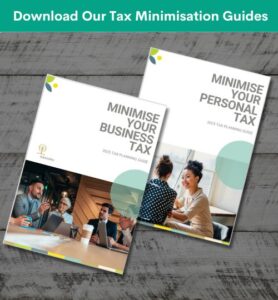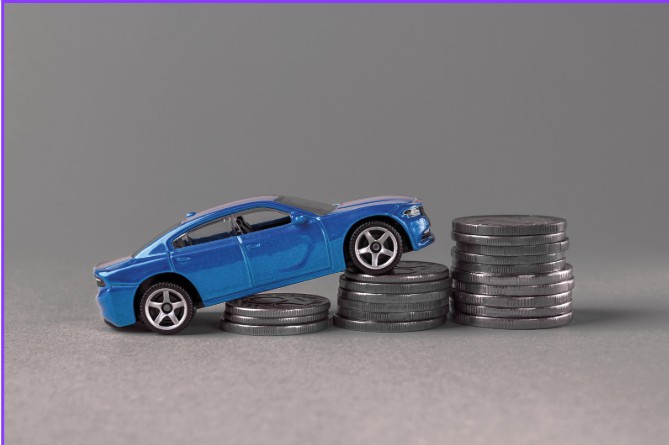As tax time approaches, many business owners, tradespeople, and employees alike start to ask the same questions. A common one is Can I claim my car or vehicle expenses as a tax deduction? The answer is that it depends. While there are genuine opportunities to claim vehicle-related deductions, the ATO’s rules are clear and often misunderstood.
In this article, we outline what you can and can’t claim, how methods differ, and what records you’ll need to keep. This should help you maximise your tax return while staying compliant.
Understanding Work-Related vs Private Travel
A common mistake is to assume all work-related driving is tax-deductible. The ATO draws a firm line between private and work-related travel.
Private Travel:
- Travel from home to your regular place of work is considered private and non-deductible, regardless of the distance travelled or frequency of travel.
- Parking at or near your usual workplace is generally private and not claimable.
- Parking a vehicle at home is also private unless your home is your principal place of business and your car is integral to your operations.
Work-Related Travel:
- Travel undertaken as part of your job, such as visiting clients, travelling between job sites, picking up tools or supplies, or attending offsite meetings, may be deductible.
- Parking and tolls incurred during business-related travel (such as at a client’s premises or a temporary work location) may be claimed.
- However, if your employer reimburses any of these costs or pays a car allowance, you cannot also claim them. Allowances received must also be included as assessable income.
Tip: Always retain detailed records. Without documentation, your claim may be denied.
Claim Methods: Cents-per-Kilometre vs Logbook
There are two main methods for claiming vehicle expenses, and which one suits you best depends on how often you drive for work and your record-keeping habits.
1.Cents-per-Kilometre Method
- Designed for those who drive less than 5,000 business kilometres per year.
- For the 2024–25 financial year, the fixed rate is 88 cents per kilometre. This rate includes fuel, registration, insurance, depreciation, and maintenance.
- No further deductions can be claimed on top of this rate.
- You must be able to demonstrate how the number of kilometres was calculated if asked.
2. Logbook Method
- Generally more suitable if you use your car extensively for work.
- Requires keeping a detailed 12-week logbook showing business vs private usage, as well as substantiating receipts for all expenses.
- This method lets you claim a business-use percentage of actual costs including:
-
-
-
Fuel and oil
-
Repairs and servicing
-
Registration and insurance
-
Car washes and accessories used for work
-
Loan interest (not applicable for leases – see below)
-
Depreciation (capped at $69,674 for the 2025 income year unless the vehicle qualifies for an exemption based on its payload)
-
-
Note: Lease payments are not separated into interest and principal. Instead, a portion of the lease payment itself is claimable based on business use, subject to the luxury car limit and other thresholds.
Even small items like tissues or air fresheners may be partially claimable. This is provided you use your vehicle to meet with clients or colleagues and keep appropriate records.
Additional Considerations for Tradespeople and Business Owners
If you are a tradesperson, contractor or business owner who owns or uses a work vehicle, there are extra considerations:
-
Vehicles under $20,000: If you’re a small business, the instant asset write-off may apply to the business-use portion of the purchase. Eligibility depends on your aggregated turnover and whether the vehicle was first used or installed and ready for use by the relevant date.
-
Heavy vehicles and high-capacity Utes: If your vehicle has a payload over 1 tonne or is designed to carry nine or more passengers, it may qualify for certain exemptions, including from the depreciation limit. In these cases, you must use the logbook method, as the cents-per-kilometre method is not permitted.
-
Transporting tools and bulky equipment: If you’re required to carry tools or equipment that cannot be securely stored at your workplace, your commute between home and work may be deductible. However, this is often closely reviewed by the ATO — so it’s essential to speak with your advisor to ensure your circumstances meet the criteria.
-
Sale of your vehicle: If you sell a business-use vehicle, any profit or loss on sale must be reported and may affect your taxable income.
Leased or Financed Vehicles
- If your car is leased, you cannot claim the interest portion of the lease; however, a portion of the lease payment may be deductible based on your business-use percentage.
- For financed vehicles, loan interest is deductible using the logbook method, again proportional to the business use.
Document Everything — Substantiation is Key
Car expenses are one of the most frequently misclaimed items on individual and business tax returns. The ATO requires that you maintain complete documentation, including logbooks, receipts, and calculations, to substantiate every part of your claim.
If you receive an allowance or reimbursement, if your travel is mixed-use, or if your vehicle use patterns change during the year, it’s critical to check your eligibility before claiming.
Don’t Risk a Mistake — Speak to Your Advisor
Every client’s situation is different. Whether you’re a small business owner, sole trader, tradesperson or employee, our tax specialists can guide you on the best method for your circumstances and ensure you’re not missing out on deductions — or claiming something you shouldn’t.
Need advice from experienced business tax accountants in Melbourne? We can help to prepare your Tax returns and understanding what you can and can’t claim? Contact your Morrows advisor today.

Want to learn more Tax Minimisation Strategies?
We’ve created two Tax Planning Guides to help you and your business be better prepared.
And if you’re ready to take the guesswork out of it completely, our team is here to help you design a personalised tax strategy for your business.
Fill in your details below to gain free access to these guides.



